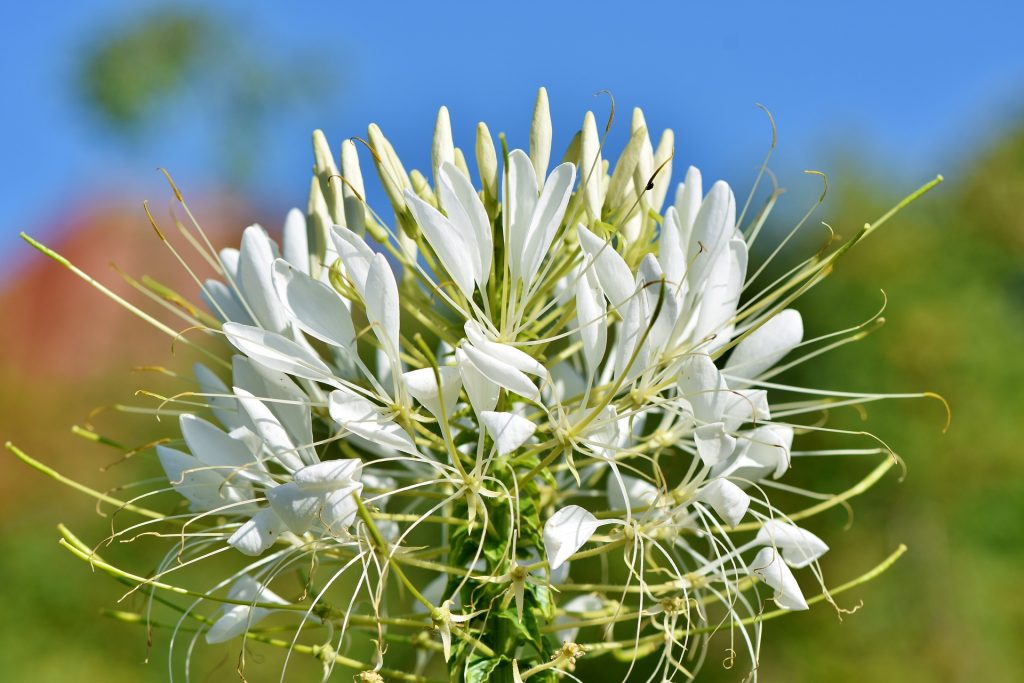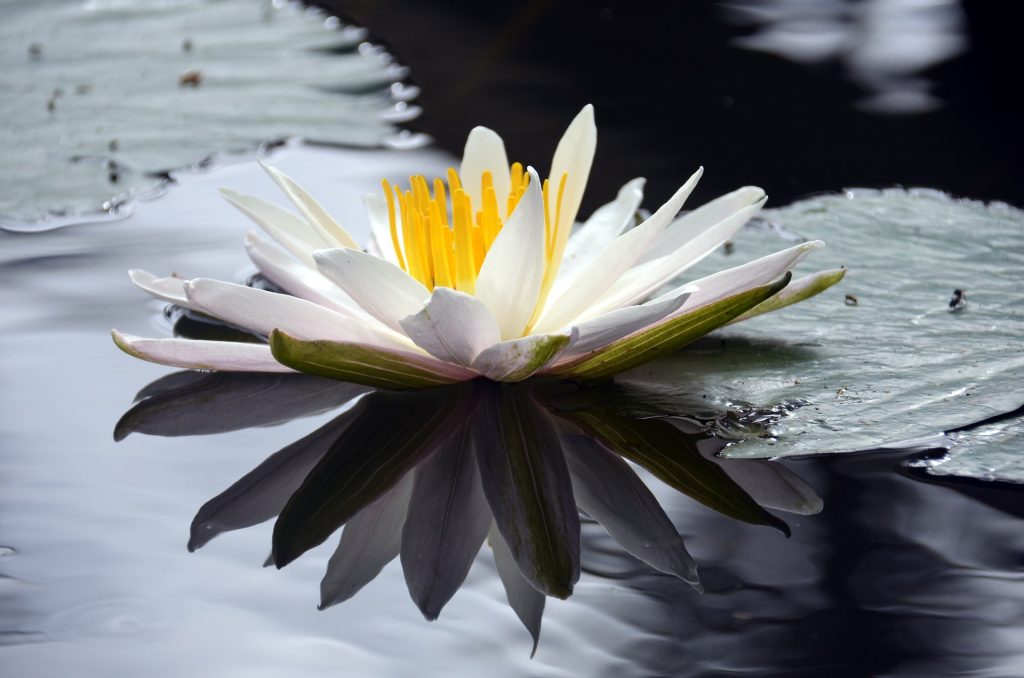Indoor Plants for a More Productive Home Office Boost Your Mood and Focus with These Desk-Friendly Plants. Working from home has become more prevalent than ever before. It’s a new experience that has brought many benefits and challenges. One of the biggest challenges is creating a productive workspace that fosters focus and motivation. Whether you’re an entrepreneur, freelancer, or remote employee, your home office should be designed to boost your productivity and improve your mental health.
Fortunately, there’s a simple and cost-effective way to create a workspace that promotes productivity and relaxation – indoor plants! Indoor plants not only add a natural touch to your office but also provide a range of physical and mental benefits. They can enhance air quality, reduce stress, and boost creativity.

We’ll explore the benefits of indoor plants for a home office and provide recommendations for the best plants that can boost your mood and focus. We’ll also share tips for how to care for your plants to ensure they thrive in your workspace.
Creating a productive workspace is essential for working from home, and indoor plants are an excellent way to create a comfortable and engaging environment. By introducing plants into your home office, you can improve your mental and physical health while boosting productivity and creativity. So let’s dive in and discover the best indoor plants for a more productive home office!
The Benefits of Indoor Plants for a Home Office
Indoor Plants for a More Productive Home Office, Indoor plants have been used for centuries to enhance indoor spaces, but did you know that they offer several benefits beyond their aesthetic appeal? In this section, we’ll explore the scientific evidence supporting indoor plants’ benefits and how they can improve your home office environment.
Improved Air Quality:
One of the most well-known benefits of indoor plants is their ability to improve air quality. Plants naturally absorb carbon dioxide and release oxygen through photosynthesis. However, some plants are more effective than others when it comes to air purification. For example, the Spider Plant (Chlorophytum comosum) and the Peace Lily (Spathiphyllum) are both effective at removing pollutants such as formaldehyde, benzene, and xylene from the air.
Reduced Stress:
Working from home can be stressful, especially if your workspace is cluttered or uninspiring. Indoor plants have been shown to reduce stress levels and promote relaxation. Studies have found that simply viewing indoor plants can reduce stress and anxiety levels. The scent of some plants, such as Lavender and Jasmine, can also promote relaxation and improve sleep quality.
Enhanced Creativity:
Indoor plants can also enhance creativity and productivity in the workplace. Studies have found that employees who work in environments with natural elements, such as plants, report higher levels of job satisfaction and creativity. Plants can also help reduce mental fatigue and increase attention span, making them ideal for a home office environment.
Improved Health:
Indoor plants can improve your physical health in several ways. They can help reduce eye strain and headaches by adding moisture to the air, and they can also help reduce the risk of colds and other respiratory illnesses. In addition, plants have been shown to lower blood pressure and improve overall well-being.
Indoor plants offer several benefits that can improve your home office environment. From improving air quality to reducing stress and enhancing creativity, there are many reasons to incorporate plants into your workspace. In the next section, we’ll explore the best plants for a home office and how to care for them to ensure they thrive in your space.
The Best Plants for a Home Office
Now that we’ve explored the benefits of indoor plants for a home office, it’s time to look at some of the best plants to consider for your workspace. When choosing plants for your home office, it’s important to select low-maintenance options that can thrive in indoor environments.
Here are some of our top picks:
1. Snake Plant (Sansevieria trifasciata):
The Snake Plant is one of the most popular choices for a home office because it is incredibly easy to care for and can tolerate a range of lighting conditions. It’s also known for its air-purifying properties, making it an excellent choice for improving air quality.
Care Requirements: Snake Plants prefer well-draining soil and indirect sunlight. They can be watered once every two weeks, and only when the soil is dry to the touch.
2. ZZ Plant (Zamioculcas zamiifolia):
The ZZ Plant is a hardy option that can survive in low-light conditions, making it ideal for an office with minimal natural light. It’s also known for its ability to remove toxins from the air.
Care Requirements: The ZZ Plant prefers well-draining soil and can be watered every two to three weeks. It’s important to avoid overwatering, as this can lead to root rot.
3. Pothos (Epipremnum aureum):
The Pothos is a trailing plant that can add a touch of greenery to any workspace. It’s also incredibly easy to care for and can tolerate a range of lighting conditions.
Care Requirements: Pothos prefer well-draining soil and can be watered once a week. They can also be propagated easily, making them an excellent option for those looking to expand their plant collection.
4. Spider Plant (Chlorophytum comosum):
The Spider Plant is an excellent choice for those looking to improve air quality in their home office. It’s also easy to care for and can produce small white flowers, adding a touch of color to your workspace.
Care Requirements: Spider Plants prefer bright, indirect sunlight and well-draining soil. They should be watered once a week, or when the soil is dry to the touch.
5. Peace Lily (Spathiphyllum):
The Peace Lily is known for its ability to remove toxins from the air, making it an excellent choice for improving air quality in your home office. It also produces beautiful white flowers, adding a touch of elegance to your workspace.
Care Requirements: Peace Lilies prefer low to medium light and should be watered once a week. It’s important to avoid overwatering, as this can lead to root rot.
Incorporating plants into your home office can have a range of benefits for your productivity and mental health. By selecting low-maintenance options like the Snake Plant, ZZ Plant, Pothos, Spider Plant, and Peace Lily, you can create a beautiful and engaging workspace that promotes relaxation and creativity. Remember to care for your plants by providing them with well-draining soil, appropriate lighting, and regular watering to ensure they thrive in your workspace.

How to Care for Your Indoor Plants
Indoor Plants for a More Productive Home Office, Now that you’ve selected the perfect plants for your home office, it’s important to know how to care for them properly to ensure they thrive. Here are some tips and tricks for caring for your indoor plants:
1. Watering:
Proper watering is one of the most important aspects of caring for indoor plants. Overwatering can lead to root rot, while underwatering can cause the plants to wilt and die. A good rule of thumb is to water your plants once a week, or when the soil is dry to the touch. Make sure to use well-draining soil to prevent water from accumulating at the bottom of the pot.
2. Sunlight:
Most indoor plants prefer bright, indirect sunlight. However, some plants, such as the ZZ Plant and Snake Plant, can tolerate low-light conditions. Make sure to place your plants near a window or in a spot where they can receive adequate sunlight. If your plants are not getting enough sunlight, you can supplement with artificial light.
3. Pruning:
Pruning is an important part of caring for indoor plants, as it helps promote growth and prevent overcrowding. Trim off any dead or yellow leaves, and prune back any overgrown branches to keep your plants looking healthy and vibrant.
Common Issues and Solutions:
1. Yellowing leaves:
Yellowing leaves can be a sign of overwatering or underwatering. Make sure to check the soil moisture level and adjust your watering schedule accordingly.
2. Pests:
Pests such as spider mites, mealybugs, and scale insects can infest indoor plants. To prevent and treat pest infestations, regularly inspect your plants for signs of pests and apply insecticidal soap or neem oil as needed.
3. Root rot:
Root rot is a common issue that can occur when plants are overwatered or planted in soil that doesn’t drain well. To prevent root rot, make sure to use well-draining soil and avoid overwatering your plants.
Caring for indoor plants may seem daunting at first, but with the right tips and tricks, it can be a rewarding and enjoyable experience. Remember to water your plants once a week, provide adequate sunlight, and prune as needed to keep them healthy and vibrant.
If any issues arise, such as yellowing leaves or pest infestations, take action immediately to prevent further damage. With a little care and attention, your indoor plants can thrive and enhance your home office space.
Incorporating indoor plants into your home office space can bring a variety of benefits, from improving air quality to enhancing creativity and reducing stress. With so many beautiful and low-maintenance options available, it’s easy to find the perfect plants to suit your space and personal style.
Scientific studies have shown that indoor plants can improve our productivity, mood, and focus. They help purify the air we breathe, reduce stress levels, and promote a sense of calm and well-being. In addition, their natural beauty can help boost our creativity and inspire us to do our best work.
When selecting plants for your home office, consider factors such as sunlight requirements, care requirements, and aesthetic appeal. Some great options for low-maintenance and desk-friendly plants include the Snake Plant, ZZ Plant, Pothos, and Peace Lily.
Caring for your indoor plants may seem intimidating at first, but with a few simple tips and tricks, it can be an enjoyable and rewarding experience. Regular watering, proper sunlight, and occasional pruning can help keep your plants healthy and thriving.
Incorporating indoor plants into your home office can be a game-changer, not only for your productivity and focus, but also for your overall well-being. So why not try it out for yourself? With a little bit of effort, you can create a beautiful and productive workspace that will help you feel inspired and motivated every day.